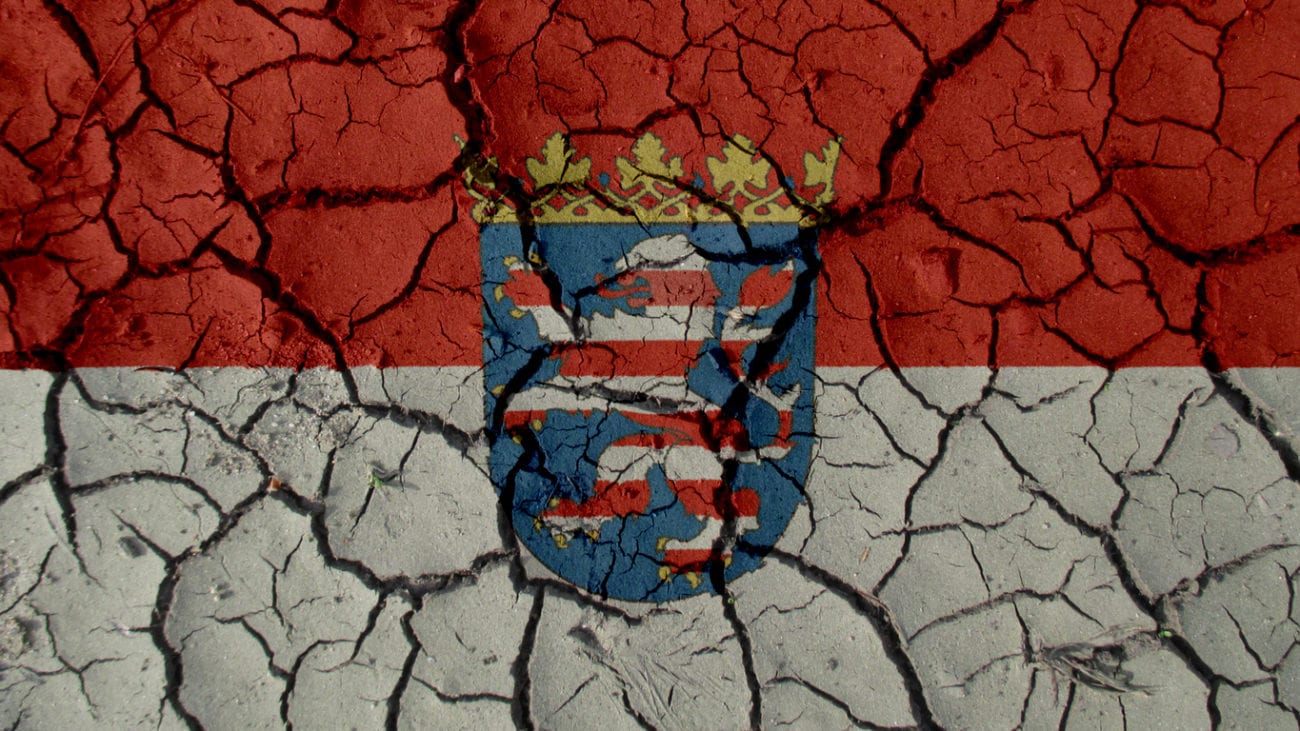Industry faces major financial hit from German State Treaty

The German state of Hesse is gearing up to begin the process to award the country’s sports betting licences, with analysts warning that operators could see up to 70% of revenue disappear as a result of the restrictive operating model.
The Regional Council of Darmstadt, the body in the state of Hesse responsible for overseeing the licensing process under the third amended State Treaty on Gambling, held an informational meeting yesterday (13 August), attended by more than 200 company representatives. Attendees heard how the Council plans to handle the licensing process and enforce the terms of the State Treaty.
The legislation will only be in place until 30 June, 2021 as work continues on developing a new, permanent model to replace the existing State Treaty and Schleswig-Holstein’s liberal regulatory framework. The Treaty, which has been signed by the Minister-Presidents of Germany's 16 federal states, must still be ratified by each state government by 31 December in order to come into force.
All interested parties will be required to submit a new application, regardless of whether they are already licensed under Schleswig-Holstein’s breakaway regulatory model or if they were already approved until the first attempt at issuing licences in 2012.
Processing of applications will begin from 2 January, 2020, the first working day of the year, with operators to submit documentation then declare that they are satisfied that the application is complete. This will be followed by an initial examination, at which point the Council may ask for additional documents or information before an in-depth investigation is carried out.
However applicants will be required to shut down all non-sports betting activity in the market upon receipt of a licence while in-play wagering will be prohibited, customer spend limited to €1,000 per month and a 5% turnover tax imposed on operators.
In addition, operators will be required to provide an in-depth social responsibility plan, or ‘Sozialkonzept’. This comprises a concrete plan to ensure customers gamble responsibly, tailored to each business and including integration with the national self-exclusion system OASIS, staff training and addiction prevention measures. A separate licence for advertising will also be required from the Düsseldorf District Government in Nordrhein-Westphalen.
Regulus Partners said the operating restrictions alone would create major structural problems for operators. Coupled with the social responsibility controls, however, Germany would be “very unlikely as a profit centre for anyone”, it said.
This, Regulus explained, left operators with three options. The first would be to comply with the State Treaty, leading to betting revenue declining by up to 70%. Gaming revenue would disappear entirely, though licensees would be well-placed to benefit should a more favourable regulatory system be introduced from July 2021.
Operators could also partially comply, accepting a betting licence but challenging the gaming ban, in a bid to preserve profits. However, with Hesse and Niedersachsen preparing to uphold the Treaty, it was likely that companies would quickly face enforcement action.
Finally, Regulus suggested, operators could continue their dot.com operations and challenge the Treaty.
“This would be tempting and could hope to play the long game by keeping revenue at least until 2021 with some level of legal cover,” Regulus said. This, however, could lead to problems in jurisdictions such as the UK and US, potentially leading to the loss of licences in these markets.
Ultimately Regulus concluded that with Hesse taking a very clear position on enforcing the State Treaty in full, operators and suppliers with exposure to German gaming, high-value bettors and in-play should prepare to see revenue disappear in the short term.
